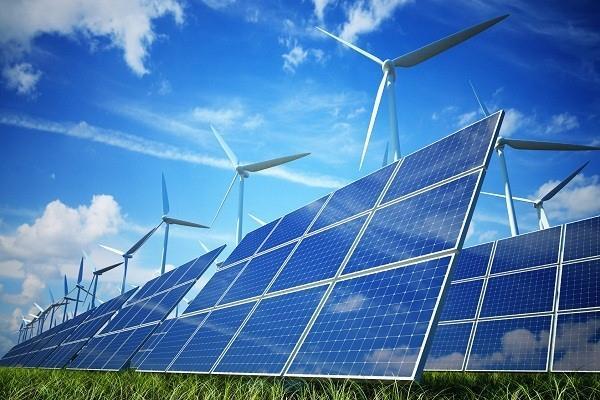
Morocco Predicted to Outperform MENA Nations in Renewable Energy Sector
Rabat – A recent report on Morocco's source ambitions by , a branch of the Fitch Group, predicts the countries continued outperformance among Middle Eastern and Northern African (MENA) nations over the next decade.
These strides have been ongoing since their introduction of wind power generation in 2002 and were prompted by Morocco's reliance on imported energy sources, including hydrocarbons and fossil fuels, meaning their overall energy production was subject to potential instability due to possible external supply shortages – as opposed to the more reliable domestically produced solar and wind power sources.BMI Research's glowing view of Morocco's energy future can be attributed to an impressive track record over recent times, 'delivering tendered renewable projects in a timely manner at steadily decreasing costs,' a direct result of the governments need for energy sector diversification.
The Moroccan government has set its sights high, with its goal of improving its total yearly energy production coming from renewable processes from 33% in 2017 to 42% by 2020. BMI Research predicted, in its report, that by 2027 wind and solar power sources will account for 21% of the Moroccan power mix, nearly doubling the current figure of 11%, catapulting them ahead of all MENA competition. Given that the energy demand is simultaneously rising by circa 7% each year, these projections are made even more impressive.The Western Kingdom has already set into motion a zealous solar plan with the goal of generating 2 gigawatts of solar power by 2020, through the construction of five large-scale solar power projects in Laayoune, Boujdour, Quarzate, Tarfaya and Ain Beni Mathar – all fitted with contemporary concentrated solar power, solar thermal and photovoltaic machinery.
Morocco also has great wind power potential due to high wind speeds across its 3,500-kilometre-long coastline, where it already has a number of wind farms capable of achieving their renewable energy goals, with some expansion.Due to the inherently erratic nature of the energy production from renewable sources, Morocco will have to invest in technology capable of storing excess power produced on days of high yield to compensate for unavoidable low output days – according to the BMI report. Although this presents a potential obstacle, Morocco has already demonstrated its ability in improving the reliability of its solar power production, having eliminated blackouts in the Quarzazate Province through the thermal storage capacity of the Noor 1 Concentrated Solar Power farm.
In total, Morocco will invest 13 Billion USD in supplementing their renewable energy sector to reach their 2020 objective. Given that they annually spend three billion less in non-renewable energy imports, they are truly planning for a more stable long-term future.

Legal Disclaimer:
MENAFN provides the
information “as is” without warranty of any kind. We do not accept
any responsibility or liability for the accuracy, content, images,
videos, licenses, completeness, legality, or reliability of the information
contained in this article. If you have any complaints or copyright
issues related to this article, kindly contact the provider above.

















Comments
No comment